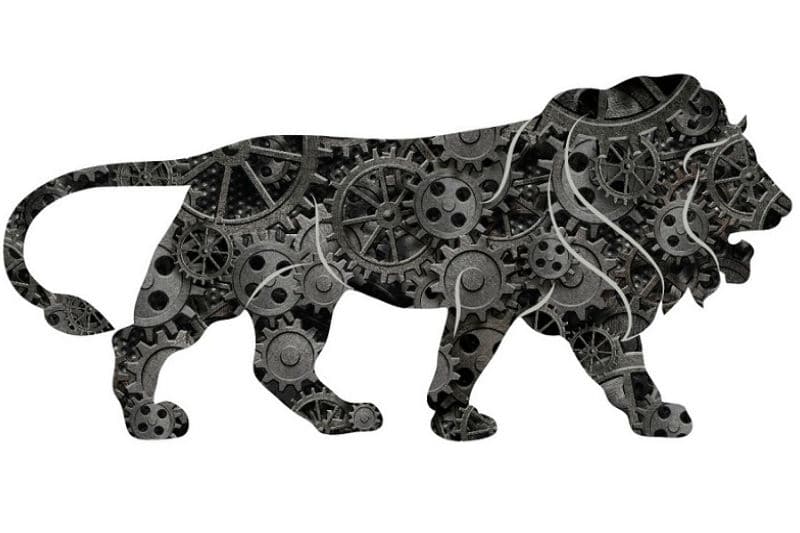In a major boost to Indian government’s Make in India initiative, Flipkart has shifted major part of the manufacturing base for its in-house brands from foreign locations to home country India. Almost one year ago the Walmart owned company used to assemble and source substantial part of its private label from neighboring countries like China and Malaysia.

The decision augurs well for India’s largest online retailer’s cost-reduction quest. The company sells its own private labels and in-house brands across 300 categories including consumer durables, electronics and textiles. Some of its well-known private labels are MarQ, Perfect Homes, Billion and SmartBuy.
“About two years back, almost 100% of our electronics came from China. Today, that number would be less than 50%. When we launched our furniture brand, the entire range was sourced from Malaysia–now that’s down to less than 50%,” said Adarsh Menon, head of private label business at Flipkart, to Economic Times (ET).
Menon added that Flipkart is currently engaging with 150 factories for private labels out of which 100 are operating in India. But he refused to disclose details about the total valuation of manufactured goods in India versus in China or Malaysia.
Amazon India, on other hand, equally claims to be making great strides on Make in India front. The U.S. based retail giant has said that substantial part of the manufacturing for its Indian private labels are done in India itself. But Amazon did not disclose any details about its manufacturing capabilities in India.
Not Everyone is happy with Flipkart and Amazon’s private labels
For well over a year small sellers and retailers have been up in arms against Flipkart and Amazon for allegedly giving undue advantage to their private labels. Small sellers allege that e-tailers’ discriminatory actions have diluted the level playing field to lend more advantageous position to their in-house brands.
Last year Indian government’s new FDI norms did try to address the concerns of small sellers and traders. However, the latest buzz doing rounds is that the government has once again tweaked FDI rules that reportedly offers favorable position to e-commerce players.
Flipkart and Amazon have always defended the allegation of giving undue importance to their private label over products sold by small retailers. Both e-tailers claim that this practice has helped them in offering better quality products to customers and in the process helped increase customer satisfaction.

